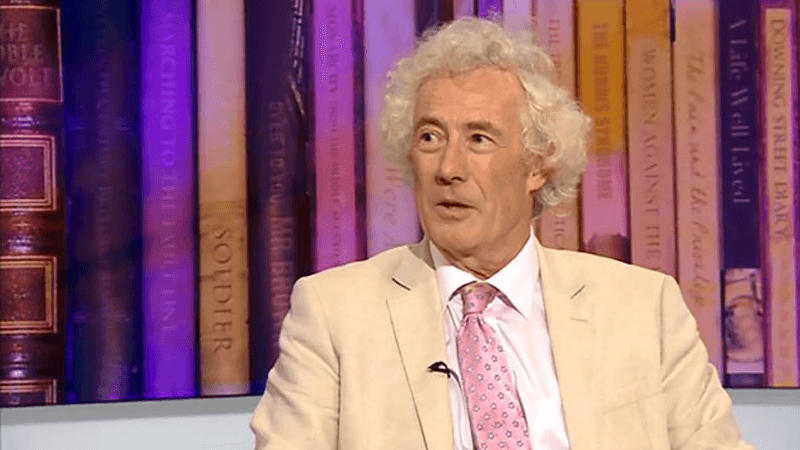Lord Sumption and the value of human life

Viewers tuning in to The Big Questions on BBC One to hear a discussion on the pros and cons of lockdown recently may have been surprised by one man’s assertion that not all lives are equal.
This was the opinion of former Supreme Court Justice Lord Sumption. From the very beginning, he has been vocal in opposing lockdowns, preferring to champion people’s right to their civil liberties, and has previously argued that lockdowns are a ‘cure’ worse than the virus itself.
In his criticism of the current restrictions, Lord Sumption argued that the coronavirus overwhelmingly attacks the vulnerable and the old but lockdowns are blunt instruments that adversely impact all of society. He suggested that, in a society free from lockdowns, the elderly and those with underlying health conditions are still able to isolate themselves should they see fit.
His comments were well-received in some sections of the room. Others vehemently disagreed. But conversation veered sharply away from lockdown when he asserted: “I don’t accept that all lives are of equal value”, adding, “the older you are, the less the value of your life because there’s less of it left”.
‘Shuddered’
Other panellists were shocked – Catherine Foot of the Centre for Ageing Better said she “shuddered” when the comment was made. Lord Sumption went on to make matters worse for himself when he told Sun columnist and stage four bowel cancer sufferer Deborah James that her life is “less valuable” than someone else’s.
Understandably, this did not go down well.I didn’t say it wasn’t valuable, I said it was ‘less valuable’
Countless inches of newspaper print and online comment swiftly appeared. The Guardian prominently quoted a human rights lawyer branding the comments “inhuman, almost grotesque”.
Ethical position
It is possible Lord Sumption simply explained his position poorly. Very poorly. He has certainly denied intending to say that Deborah James’ life was worth any less than others in a moral sense.
The point he claims he was trying to make was regarding a person’s economic or monetary value. For example, in cases of wrongful death compensation is awarded on the basis of how long the deceased might reasonably have lived. In this very narrow sense, therefore, he was correct when he said that his grandchildren’s lives were ‘worth more’ than his.
But objections to his comments were not based on economics but ethics.
The general consensus of those in the room, and among society at large if newspapers and social media are to be believed, is that no-one’s life is less valuable than anyone else’s, regardless of age or relative health.
DNRs and assisted suicide
So there should be more of an outcry in other areas of policy where some lives are deemed ‘less equal’ than others.
Think of the recent spate of elderly or vulnerable people issued with Do Not Attempt Resuscitation orders, or DNRs. The NHS asked some care homes to place DNR orders on all of their patients during the pandemic. Some hospitals even listed learning disabilities and Down’s syndrome as reasons why someone might be denied any attempts to resuscitate them
As a result, the Government was forced to issue new guidance to make clear that this should not happen. The Care Quality Commission also conducted an investigation into the blanket use of DNRs in this way and found that they may have caused “avoidable death”.
Although doctors, especially those caring for people near the end of their life, remain firmly opposed to assisted suicide, The clamour to change the law – on ‘compassionate’ as well as economic grounds – remains. The pro-euthanasia group Dignity in Dying (formerly the Voluntary Euthanasia Society) is regularly featured in the media. Difficult cases are cited as a reason to abolish the existing legal protections afforded to the elderly, infirm and other vulnerable people.
But as Christians we know that the blanket use of DNRs, euthanasia and assisted suicide should be opposed because we recognise that all people, whether young or old, ill or well, are made in the image of God and have an inherent value that does not change.
The outcry against Lord Sumption’s remarks is right. No-one is less valuable than any other person.
